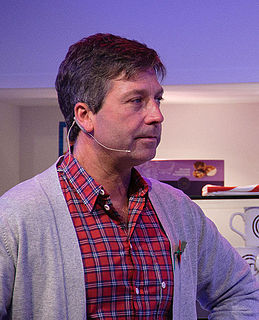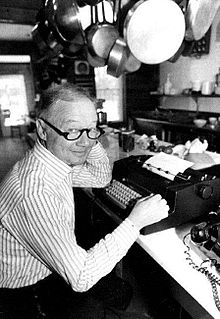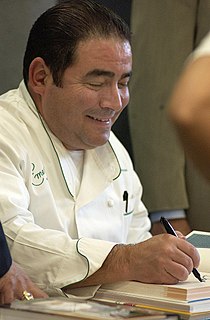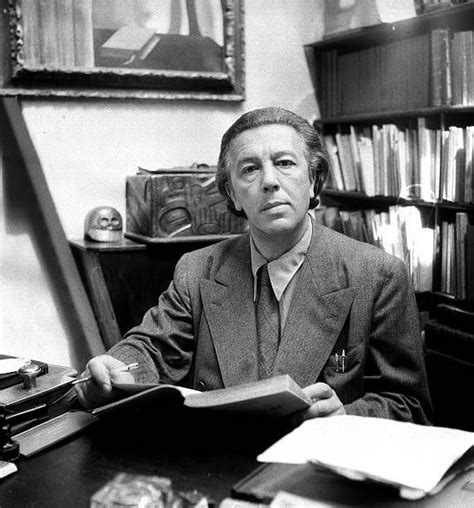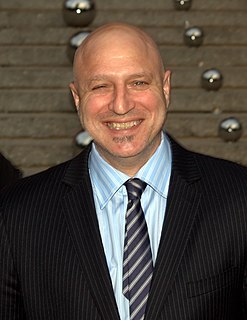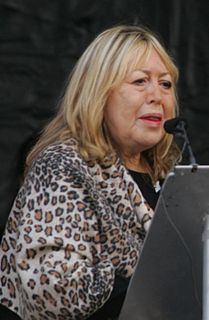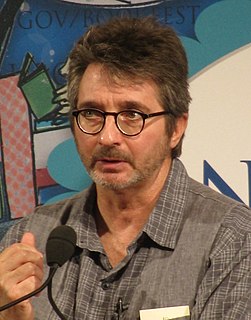A Quote by M. F. K. Fisher
A writing cook and a cooking writer must be bold at the desk as well as the stove.
Related Quotes
I'm either at the movie theater, or I'm at home cooking - well, not really cooking because I don't cook, I usually have friends over who can cook, and they do the cooking. I'm sort of a homebody, even though I love going out to dinner and I love going to the movies. Those are my favorite things to do on a night off.
How often I have tried to tell writing students that the first thing a writer must do is love the reader and wish the reader well. The writer must trust the reader to be at least as intelligent as he is. Only in such well wishing and trust, only when the writer feels he is writing a letter to a good friend, only then will the magic happen.
But the writer who endures and keeps working will finally know that writing the book was something hard and glorious, for at the desk a writer must try to be free of prejudice, meanness of spirit, pettiness, and hatred; strive to be a better human being than the writer normally is, and to do this through concentration on a single word, and then another, and another. This is splendid work, as worthy and demanding as any, and the will and resilience to do it are good for the writer's soul.
Many writers-in-waiting spend a lot of time avoiding the work at hand. The most common way to avoid writing is by procrastination. This is the writer's greatest enemy. There is little to say about it except that once you decide to write every day, you must make yourself sit at the desk or table for the required period whether or not you are putting down words. Make yourself take the time even if the hours seem fruitless. Ideally, after a few days or weeks of being chained to the desk, you will submit to the story that must be told.
Cooks are in some ways very much like actors; they must be fit and strong, since acting and cooking are two of the most exacting professions. They must be blessed - or cursed, whichever way you care to look at it - with what is called the artistic temperament, which means that if they are to act or cook at all well, it cannot be for duds or dummies.
It's funny how certain objects convey a message - my washer and dryer, for example. They can't speak, of course, but whenever I pass them they remind me that I'm doing fairly well. "No more laundromat for you," they hum. My stove, a downer, tells me every day that I can't cook, and before I can defend myself my scale jumps in, shouting from the bathroom, "Well, he must be doing _something - _my numbers is off the charts." The skeleton has a much more limited vocabulary, and says only one thing: "You are going to die."




